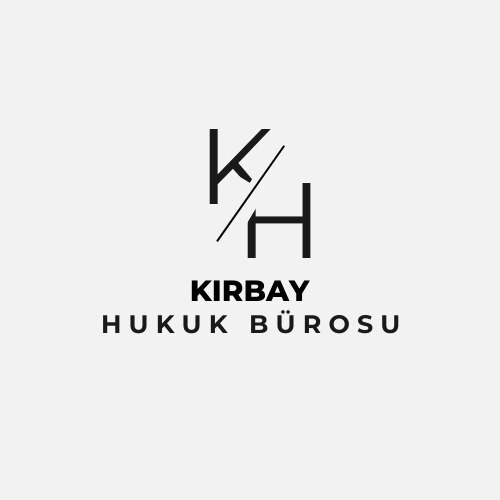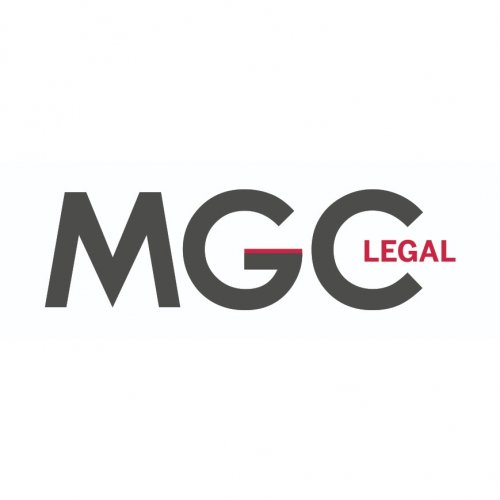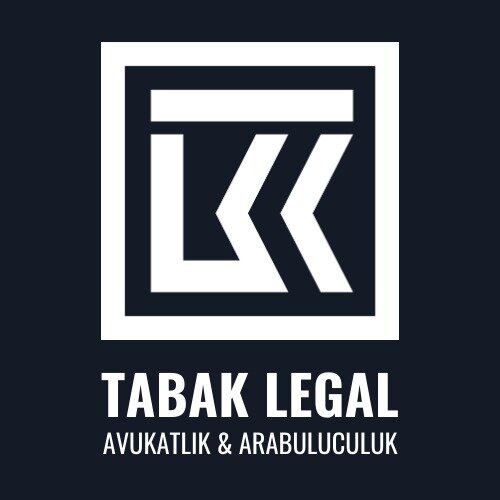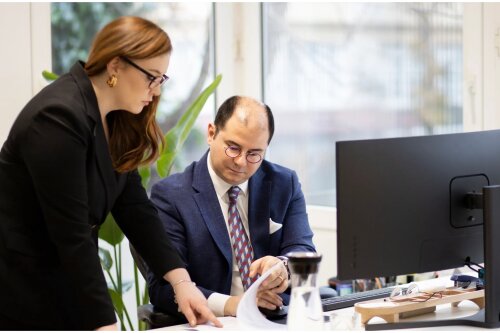Best Media, Technology and Telecoms Lawyers in Turkey
Share your needs with us, get contacted by law firms.
Free. Takes 2 min.
Or refine your search by selecting a city:
List of the best lawyers in Turkey
About Media, Technology and Telecoms Law in Turkey
Media, technology, and telecommunications sectors are integral to Turkey's economy, reflecting rapid growth and dynamic regulatory environments. These industries are governed by a complex web of laws and regulations aimed at fostering innovation, protecting intellectual property, ensuring fair competition, and safeguarding consumer rights. Turkey's strategic position between Europe and Asia has also made it a significant player in regional digital connectivity, contributing to its evolving legal landscape in media, technology, and telecoms.
Why You May Need a Lawyer
Legal assistance in the fields of media, technology, and telecoms may be necessary for various reasons. Companies and individuals may need help with drafting and negotiating contracts, compliance with broadcasting regulations, or dealing with disputes over intellectual property rights. Privacy concerns, particularly with data protection regulations, have become a critical area where legal expertise is crucial. Additionally, navigating e-commerce regulations, digitalization efforts, and investments in technology sectors often require specialist legal advice.
Local Laws Overview
Turkey's legal framework for media, technology, and telecoms encompasses several key legislations:
- Law No. 5651 on Regulation of Publications on the Internet: Governs internet publications and handling of content-related issues.
- Law No. 6698 on the Protection of Personal Data: Regulates data protection and privacy in compliance with European standards.
- Electronic Communication Law: Lays down the rules for providing electronic communication services and networks.
- Intellectual Property Law: Covers copyrights, patents, and trademarks, crucial for protecting creations and innovations in these sectors.
- Turkish Commercial Code: Provides guidelines for operations within e-commerce and digital transactions.
Frequently Asked Questions
What is the role of the Information and Communication Technologies Authority in Turkey?
The Authority regulates and supervises electronic communication and IT infrastructure in Turkey, ensuring compliance with relevant laws and fostering a competitive environment.
How does Turkey's data protection law compare to the EU's GDPR?
Turkey's Law No. 6698 aligns with many GDPR principles, offering substantial protection for personal data but with some differences in scope and enforcement mechanisms.
Are there specific laws governing digital marketing in Turkey?
Yes, digital marketing activities are regulated primarily under the Law on Regulation of Electronic Commerce and supplementary regulations to protect consumer rights and privacy.
What is the procedure to resolve a telecom dispute?
Resolving telecom disputes can involve mediation or filing complaints with relevant authorities, followed by legal proceedings if necessary.
How can a foreign company protect its intellectual property in Turkey?
Foreign companies can protect their intellectual property by registering patents, trademarks, or copyrights with Turkish authorities and taking legal action against infringements.
Can internet content be removed under Turkish law?
Yes, content removal requests can be made under Law No. 5651, typically involving take-down procedures for content violating personal rights or intellectual property.
What are the penalties for breaching telecom regulations?
Penalties may include fines, suspension, or revocation of licenses, primarily enforced by the Information and Communication Technologies Authority.
Is there a legal framework for AI and machine learning in Turkey?
While Turkey does not have a specific AI law, general data protection and ICT regulations apply, and new frameworks are under development to address AI technologies.
How do Turkish laws address cybercrime?
Cybercrimes are addressed under the Turkish Penal Code and specialized cybercrime legislation, with strict penalties for unauthorized access and data breaches.
What steps should be taken when initiating a technology-related startup in Turkey?
Startups should ensure compliance with corporate, tax, and intellectual property laws, often seeking legal advice for structuring and regulatory navigation.
Additional Resources
Various organizations and governmental bodies provide resources for those needing legal guidance in media, technology, and telecoms:
- Information and Communication Technologies Authority (ICTA): Offers regulatory updates and guidance.
- Turkish Patent and Trademark Office: Facilitates IP registrations and disputes.
- Personal Data Protection Authority: Provides resources on data privacy and compliance.
- Turkey’s Ministry of Trade: Offers information on e-commerce and consumer protection regulations.
Next Steps
If you need legal assistance in Turkey's media, technology, and telecom sectors, consider reaching out to specialized law firms or legal professionals with expertise in these areas. Begin by gathering relevant documents and identifying the specific legal issues you're facing. Consultation with an experienced lawyer can provide clarity and direction, helping you navigate the complex regulatory environment effectively.
Lawzana helps you find the best lawyers and law firms in Turkey through a curated and pre-screened list of qualified legal professionals. Our platform offers rankings and detailed profiles of attorneys and law firms, allowing you to compare based on practice areas, including Media, Technology and Telecoms, experience, and client feedback.
Each profile includes a description of the firm's areas of practice, client reviews, team members and partners, year of establishment, spoken languages, office locations, contact information, social media presence, and any published articles or resources. Most firms on our platform speak English and are experienced in both local and international legal matters.
Get a quote from top-rated law firms in Turkey — quickly, securely, and without unnecessary hassle.
Disclaimer:
The information provided on this page is for general informational purposes only and does not constitute legal advice. While we strive to ensure the accuracy and relevance of the content, legal information may change over time, and interpretations of the law can vary. You should always consult with a qualified legal professional for advice specific to your situation.
We disclaim all liability for actions taken or not taken based on the content of this page. If you believe any information is incorrect or outdated, please contact us, and we will review and update it where appropriate.
Browse media, technology and telecoms law firms by service in Turkey
Turkey Attorneys in related practice areas.
Browse media, technology and telecoms law firms by city in Turkey
Refine your search by selecting a city.
















